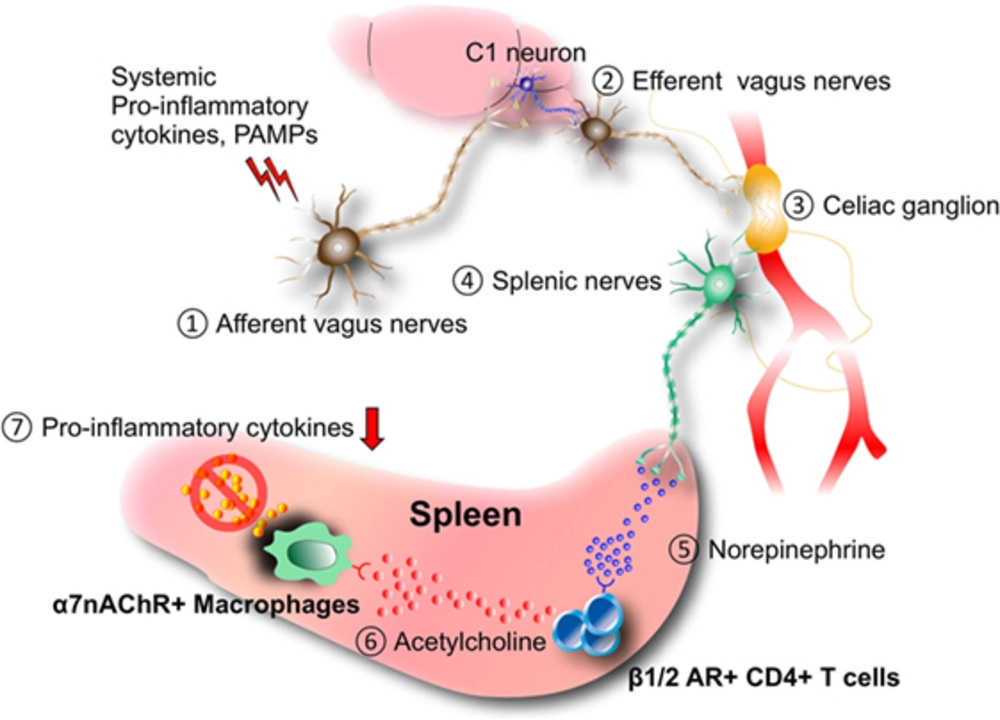
How Inflammation Triggers Asthma Symptoms - What You Need to Know
Explore the link between inflammation and asthma, how immune cells and cytokines drive symptoms, and what treatments work best.
Inflammation is your body's response to injury, infection or irritation. Short-term inflammation helps heal cuts, fight bacteria and repair tissues. But when inflammation lingers, it can cause pain, fatigue and raise the risk of chronic conditions like heart disease or arthritis.
Acute inflammation shows up fast: redness, heat, swelling, pain and sometimes loss of function. Chronic inflammation is quieter — low-level pain, tiredness, brain fog or digestive trouble that hangs on for weeks or months. If symptoms don't improve or get worse, talk to your doctor so they can find the cause and guide treatment.
Start with what you can control. Swap processed foods for whole ones: vegetables, fruits, whole grains, lean protein and healthy fats like olive oil. Cut sugary drinks and refined carbs — they often fuel inflammation. Move your body regularly; aim for 30 minutes most days. Sleep matters: poor sleep raises inflammatory markers, so prioritize regular rest.
Over-the-counter anti-inflammatories like ibuprofen or naproxen can help short-term pain and swelling. Use them only as directed and avoid long-term use without medical advice. For stronger needs, doctors may prescribe steroids or other anti-inflammatory drugs. If you’re on other medications or have health issues, check with a clinician before taking new drugs.
Chronic inflammation sometimes needs targeted treatment. Doctors may look for infections, autoimmune conditions, allergies or medication reactions. Tests can include blood work, imaging or specialist referrals. Treatments range from antibiotics for infections to disease-modifying drugs for autoimmune problems.
Supplements can help some people. Zinc supports immune function, and you can read more on our zinc guide. Calcium D-Glucarate is discussed for liver support and detox pathways. If reflux or gut issues seem linked to inflammation, our integrative GERD article covers herbs and meds that may calm symptoms. Hormones matter too—our estrogen and osteoporosis piece explains how hormone changes affect inflammation and bone health.
Curious about medications? We cover specific drugs and safer use across our site, including articles on statins, steroids alternatives like Prelone options, and infection treatments. Use those posts to learn about side effects and safer choices, then bring your questions to a provider.
Finally, keep it practical: track symptoms in a simple notebook, note food triggers, stress levels and sleep. Small patterns can point to big answers. And if you experience fever, severe pain, sudden swelling, shortness of breath or signs of infection, seek urgent care. For ongoing concerns, your primary doctor can map tests and treatment so inflammation stops dictating your day.
Explore related posts under this tag to dive deeper into causes, medicines and natural supports. Reading reliable, focused articles helps you ask better questions at your next appointment and pick safer, smarter options for managing inflammation.
If you want quick how-tos, check our guides on pain management, antibiotic choices, and safe online pharmacies — or contact us for help finding reliable resources and articles right now.

Explore the link between inflammation and asthma, how immune cells and cytokines drive symptoms, and what treatments work best.

As a copywriter, I've been researching the connection between Celecoxib and the immune system. It turns out that Celecoxib is a non-steroidal anti-inflammatory drug (NSAID) mainly used to treat pain and inflammation. Upon further investigation, I discovered that it works by inhibiting the production of prostaglandins, which play a crucial role in inflammation and immune response. This means that Celecoxib can potentially weaken the immune system's ability to fight off infections. However, more research is needed to fully understand the complex relationship between Celecoxib and our immune system.